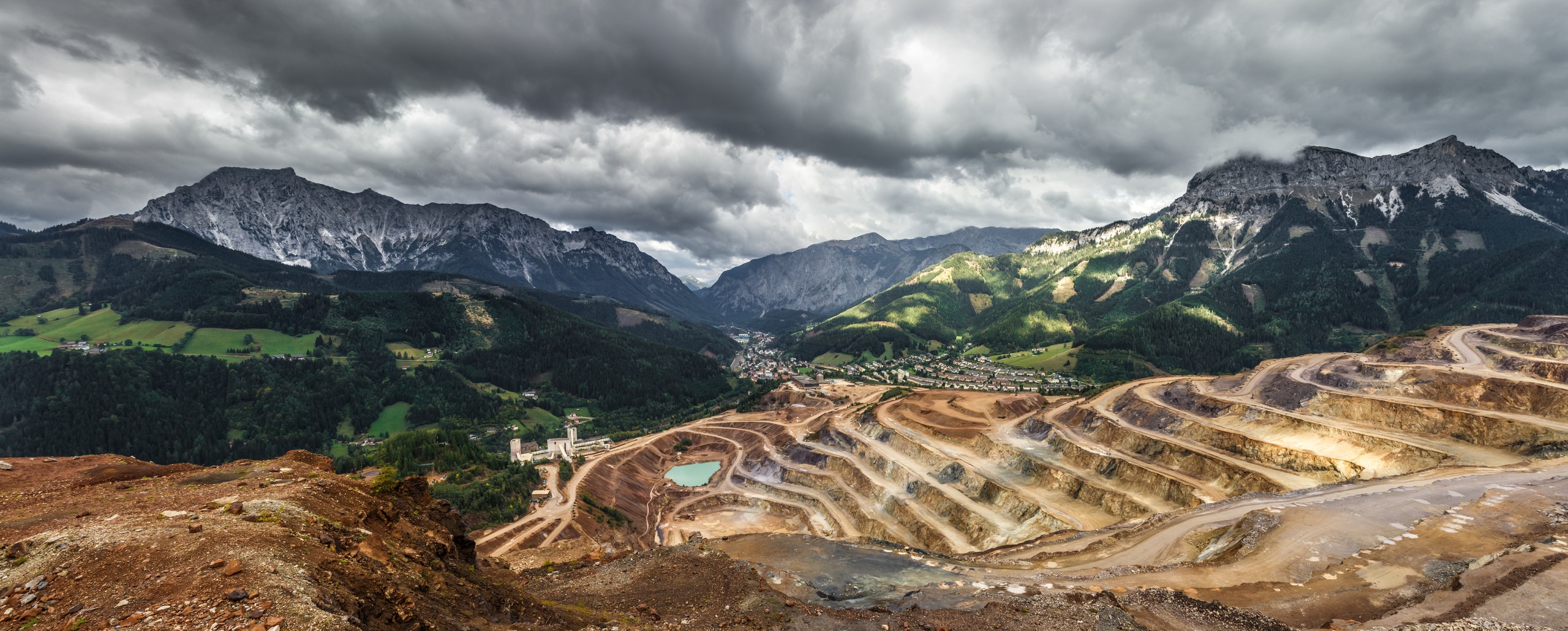
Pristine, untouched land and waterways carry both an untamed power and delicate fragility that balance each other in ways that we have yet to fully understand. The impact industrialized society continues to have on these transcendent places forces us to reckon with our choices and direction as a collective culture- how do we protect what remains while re-imagining how we operate in order to limit harmful influence on the natural world?
For Khepra, the impacts of industry on our climate are deeply personal as both founders witnessed the destruction of natural resources throughout their lives. Both women felt driven to act and develop an immediate solution to improve their impact on the world. This connected goal has spawned the development of a breakthrough technology that uses renewable electricity to break down consumer and agricultural waste into fuel. The fuel produced from this regenerative process replaces dirty fossil fuels for electricity production and petrochemicals in combustion engines, (e.g. cars and machinery).

As we develop our technology, investment and public support is paramount to achieving mass scale and success. Sustainable energy and materials touch everyone's lives, however we are focused on enabling businesses to improve their sustainability for their customers.
It all started on the playground - well, not quite. Raised by a serial entrepreneur, Julie was taught to see technology as a vehicle for solving world problems.
Julie went on to study Biochemistry at UC San Diego to learn from scientists working on drop-in advanced biofuels. She creates solutions which integrate leading edge biological and physical concepts.
For Khepra, the impacts of industry on the world's climate are deeply personal. As a child, Julie watched as open pit miners came and reduced a mountain to a 300-foot hole in the ground less than a mile from her grandmother's house. Disturbed by the destruction, her grandmother bought land near the pristine Big Smoky Valley in Kingston, Nevada and built her own home following LEED certification principles. Less than a year later, the Bureau of Land Management began selling leases for fracking in the Big Smoky Valley, which would have led to the utter destruction of the valley and surrounding mountains. Khepra was founded to save her valley. We work to provide better energy and materials solutions and to save landscapes with similar stories.